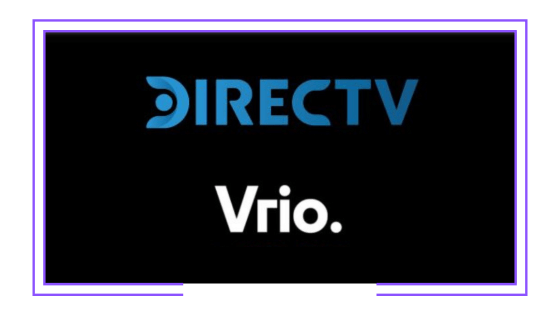Carlos Magariños, Director of Global Strategy and External Affairs at Vrio Corp. (Grupo Werthein), division that controls Satellite TV operator DirecTV, stated that “today’s Uruguay discriminates against companies wishing to compete”. The statement, which was made when he was interviewed by Uruguayan newspaper El País, is a clear reference to the fact that DirecTV is barred from providing Internet services in Uruguay.
Since early 2023, Cable TV operators have been allowed to offer Internet services in Uruguay as a result of the amendment of section 56 of the Media Act, which barred Pay TV companies from providing Internet services. However, the amendment included only Cable TV companies and excluded Satellite TV (DTH) providers, such as DirecTV throughout the Uruguayan territory and Flow (Telecom Argentina) in Montevideo City, the country’s capital.
In September 2022, in the midst of the debate over the amendment of section 56, the Communication Services Regulatory Agency (Ursec) issued a resolution to deny the application for a license to provide fixed Internet services in Uruguay submitted by Grupo Werthein’s Satellite TV operator. After the amendment, in August 2023, DirecTV submitted a new application, to which there has been no official response so far.
“DirecTV has been applying for a license to provide connectivity and to contribute to closing the digital divide for the last ten years without success, a situation that cannot be formally explained,” said Magariños. “The amendments introduced in 2022 somewhat improved the Media Act, but have not satisfied our claims. We are asking the Uruguayan authorities to allow us to do the same as we are allowed to do in the other countries of the region,” he added.
“The situation harms the consumer too, since it restrains the supply of Internet services. And competition restraint implies higher prices, a decline in investment and in employment generation,” acknowledged Magariños during the interview. “We are promoting mechanisms with a view to closing the digital divide and this can be achieved only if operative costs and prices are lowered by increasing competition. If competition is not allowed, the consumer has to pay higher prices and many people have no access to Internet services. We want to be given the opportunity to compete in order to benefit Uruguayan consumers,” he concluded.


